ANIMALS
15 Essential Tips to Keep Rats and Mice Away
Published
9 months agoon

Shutterstock
Rodents such as rats and mice are not just nuisances; they can pose serious health risks by spreading diseases and causing damage to structures. Keeping them out of your living spaces requires a proactive approach focused on prevention and control. From sealing up entry points to maintaining clean surroundings, there are numerous strategies you can employ to deter these pests. This guide outlines practical and effective ways to keep your environment rodent-free, ensuring your home remains safe and sanitary. By implementing these tips, you can significantly reduce the likelihood of a rodent infestation and maintain a healthier living space.
Seal Entry Points
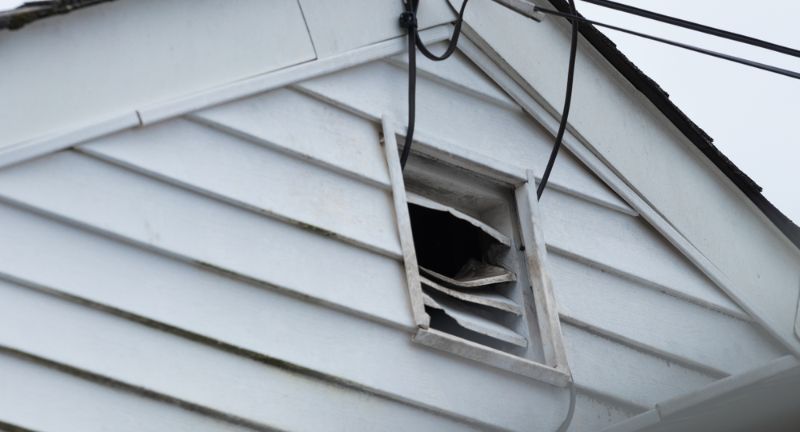
Shutterstock
Mice and rats can enter through very small spaces, so it’s crucial to seal all potential entry points around your home. Check for gaps around doors, windows, utility pipes, and vents, and seal them with caulk, steel wool, or a suitable material. Inspecting your home regularly for new cracks or openings is an effective preventive measure. Proper sealing not only keeps rodents out but also helps in improving energy efficiency by reducing drafts.
Keep Clean
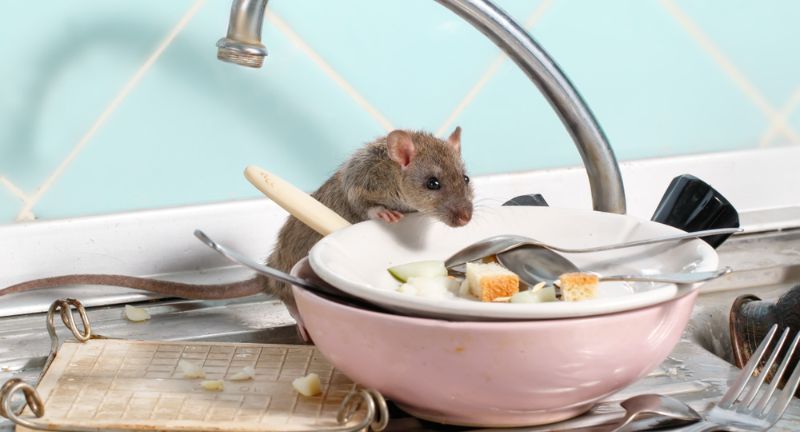
Shutterstock
Maintaining cleanliness is essential in deterring rats and mice, who are attracted to food residues. Make sure to clean floors, counters, and pantries regularly, removing crumbs and spills promptly. Using a vacuum cleaner regularly can help eliminate food particles from hard-to-reach corners. A clean home is less inviting to pests and contributes to a healthier living environment.
Store Food Properly
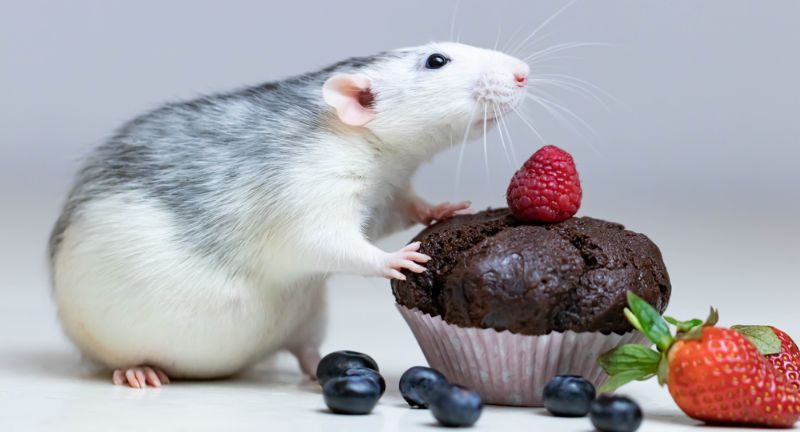
Shutterstock
Storing food in secure containers is key to preventing rodent infestations. Use airtight containers made of materials that rodents cannot chew through, such as metal or thick plastic. Ensure that pet food is also stored securely, and avoid leaving food out overnight. Proper food storage not only keeps pests away but also preserves the freshness of your food.
Manage Waste
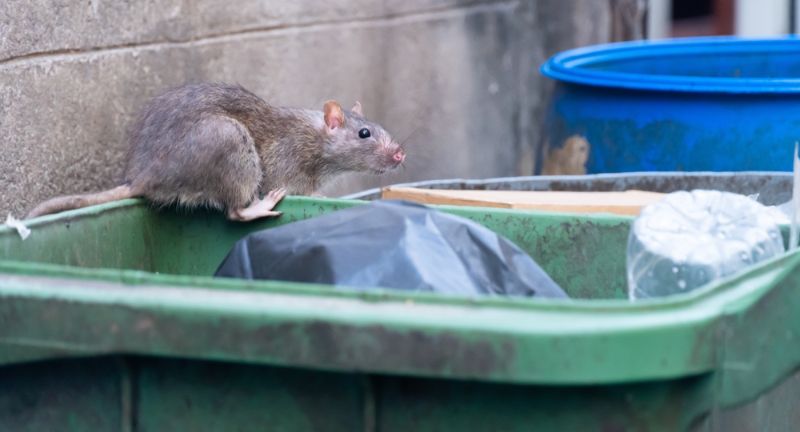
Shutterstock
Proper waste management is critical in controlling rodent populations. Ensure your garbage bins have tight-fitting lids and are emptied regularly. Store garbage bins away from your home’s entry points to reduce attraction. Managing your waste effectively reduces food sources for rodents and decreases the likelihood of an infestation.
Remove Clutter
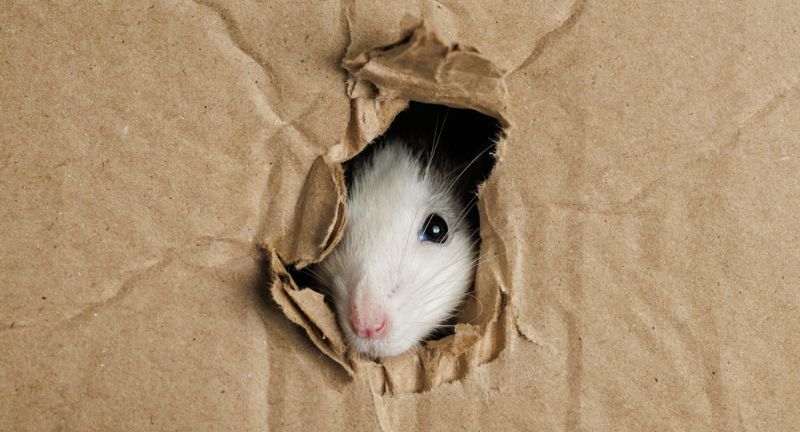
Shutterstock
Clutter provides perfect hiding spots for mice and rats. By decluttering areas like your attic, basement, and garage, you can reduce the chances of rodents settling in. Ensure that storage boxes are sealed and kept off the floor. A tidy and organized home is not only pleasant to live in but also less conducive to pests.
Trim Vegetation
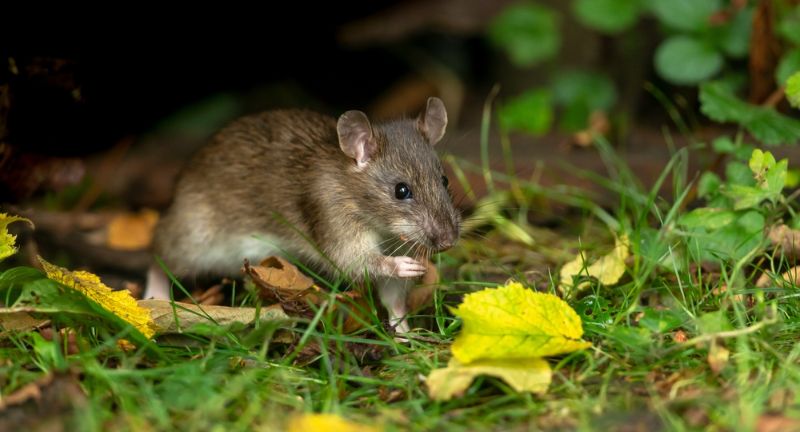
Shutterstock
Keeping the vegetation around your home well-trimmed can help deter rodents. Overgrown plants can provide shelter and pathways for rodents to enter your home. Ensure that tree branches are cut back from the house and bushes are kept at a reasonable distance. This not only prevents rodent access but also enhances the aesthetic appeal of your property.
Use Peppermint Oil
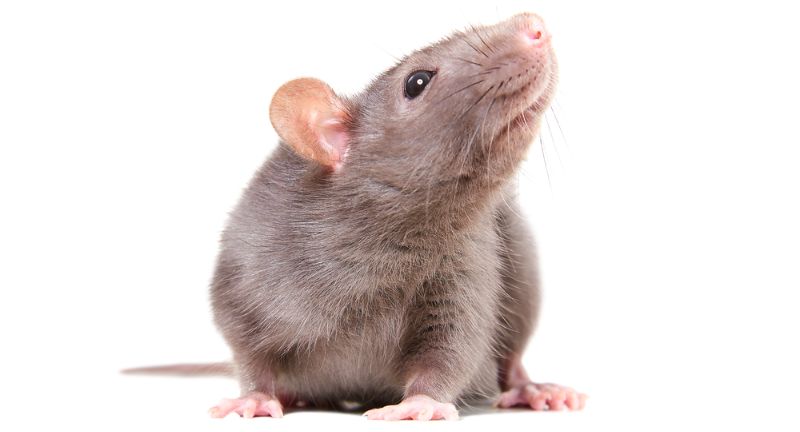
Shutterstock
Peppermint oil is a natural deterrent that can be effective against mice. Soak cotton balls in peppermint oil and place them in areas where mice are likely to enter, such as gaps and corners. The strong scent is repulsive to mice and can prevent them from entering treated areas. Regularly replace the cotton balls to maintain their effectiveness.
Adopt a Cat

Shutterstock
Cats are natural hunters and can effectively control mouse and rat populations. Having a cat around your home can act as a deterrent for rodents looking for a place to settle. Besides their hunting abilities, cats also contribute to a household by providing companionship. Consider adopting a cat as a biological pest control measure and a new family member.
Use Traps
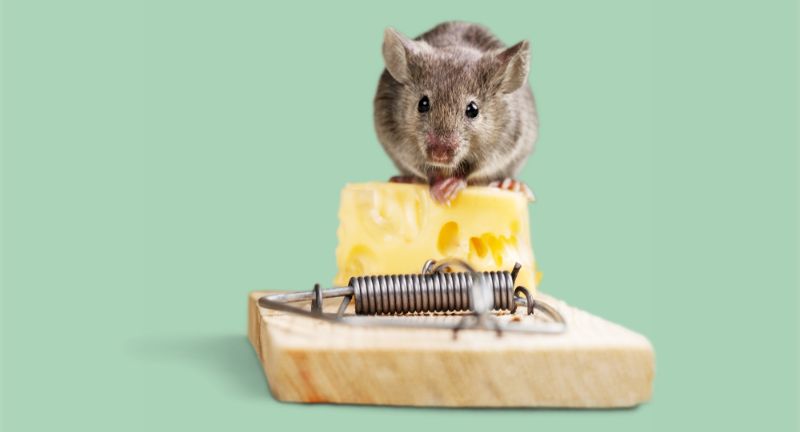
Shutterstock
Trapping is a direct method to control rodents in and around your home. There are various types of traps available, including snap traps, glue traps, and live catch traps, each suited for different needs and ethical considerations. It’s important to place traps in high-traffic rodent areas, typically along walls or near food sources. Check and clear traps regularly, and take precautions to keep them away from children and pets.
Install Door Sweeps
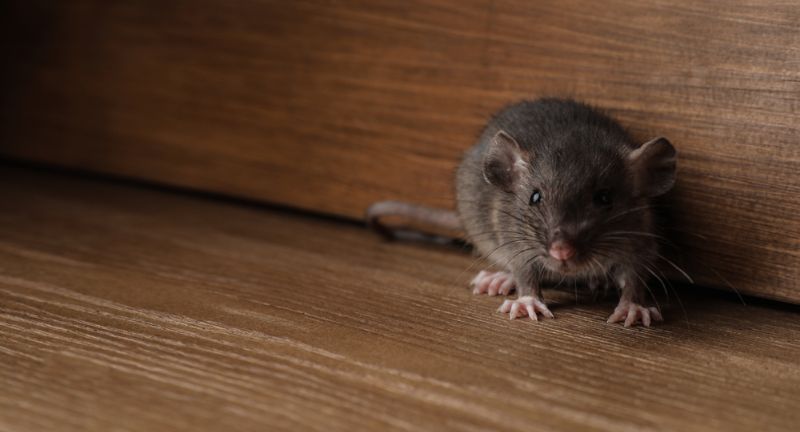
Shutterstock
Installing door sweeps on the bottoms of your doors can help prevent rodents from entering. Door sweeps close the gap between the door and the floor, a common entry point for mice and rats. They are easy to install and can be found at most hardware stores. This small adjustment is an effective physical barrier against rodents.
Use Rodent Repellents
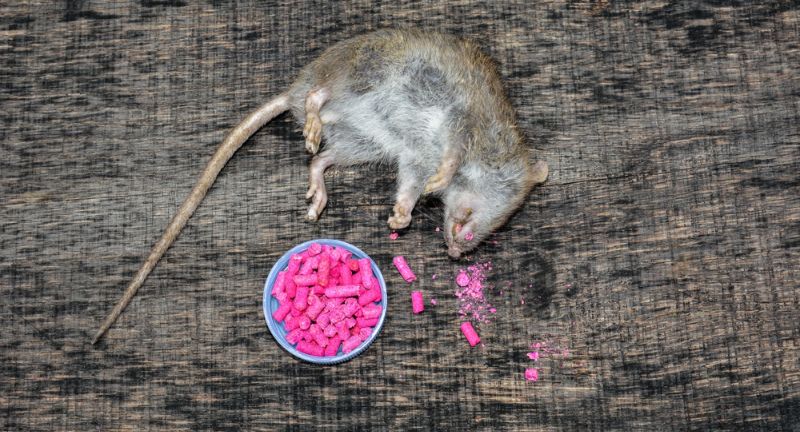
Shutterstock
Rodent repellents can be a useful tool in keeping mice and rats at bay. These products are available in various forms, such as sprays and granules, and contain substances that are unappealing to rodents. It’s important to follow the manufacturer’s instructions carefully for safe and effective use. Repellents are best used as part of a comprehensive pest control plan.
Maintain Outdoor Sanitation
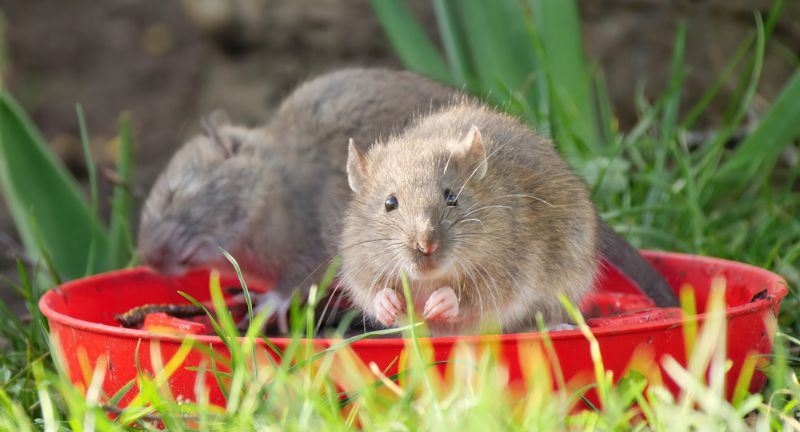
Shutterstock
Good sanitation practices outside your home can significantly reduce rodent attraction. Keep your yard free of debris, such as fallen fruits and leaves, and make sure compost bins are securely covered. Regularly inspect your property for stagnant water and accumulated garden waste, which can provide drinking sources and hiding spots for rodents. A clean outdoor environment is less likely to harbor pests.
Ultrasonic Devices
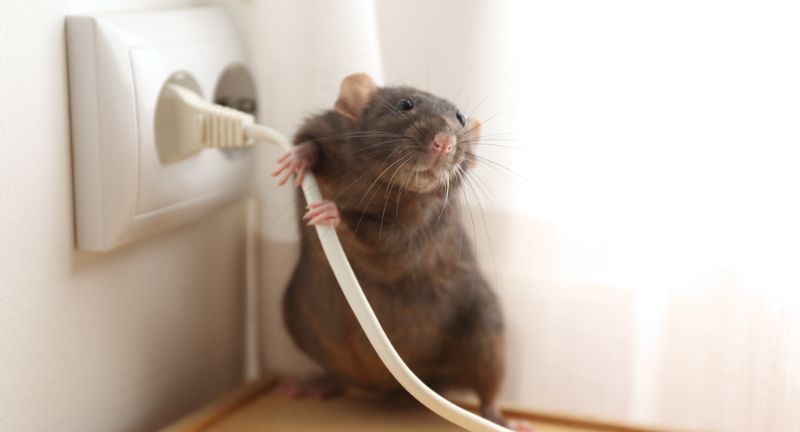
Shutterstock
Ultrasonic devices claim to repel rodents by emitting a high-frequency sound that is uncomfortable for them. These devices can be a non-invasive method to deter rodents from entering your space. However, their effectiveness can vary greatly, and they may not work in all situations. It’s advisable to use ultrasonic devices in conjunction with other rodent control measures.
Professional Pest Control

Shutterstock
For severe rodent infestations, it may be necessary to seek professional pest control services. Professionals have access to a range of tools and methods that can be more effective than DIY solutions. They can also offer tailored strategies based on the specific conditions of your home. Hiring a professional can ensure that your rodent problem is handled efficiently and safely.
Regular Inspection
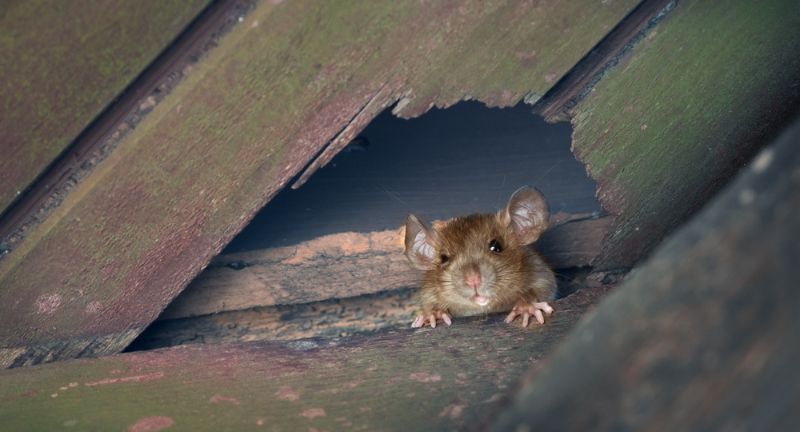
Shutterstock
Conducting regular inspections of your home for signs of rodents can prevent large-scale infestations. Look for signs such as droppings, gnaw marks, and nests, particularly in less frequented areas of the home. Early detection is key to controlling rodent populations effectively. By catching an infestation early, you can implement control measures promptly and avoid extensive damage and health risks.
Conclusion
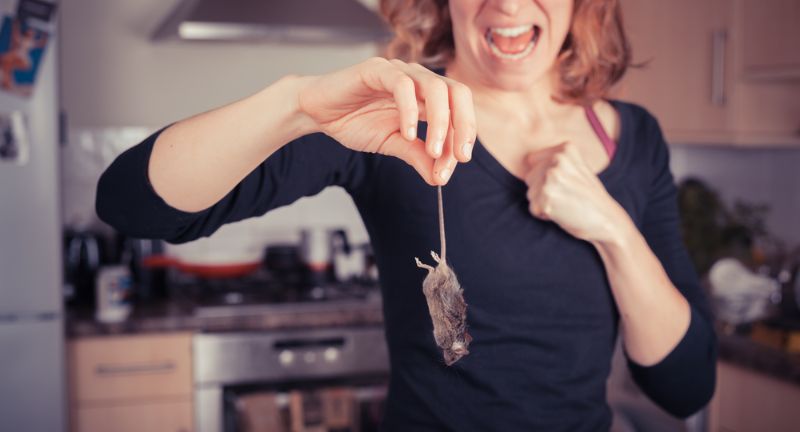
Shutterstock
Preventing and managing rodent infestations is essential for maintaining a safe and healthy living environment. By implementing the strategies discussed, such as regular home inspections and proper food storage, you can create a less inviting space for rodents. Remember, consistency is key in pest control; ongoing vigilance will help you stay one step ahead of potential infestations. Should rodents become a persistent issue, do not hesitate to contact professional pest control services. Taking proactive steps today can save you considerable trouble and expense in the future.
Related Topics:
